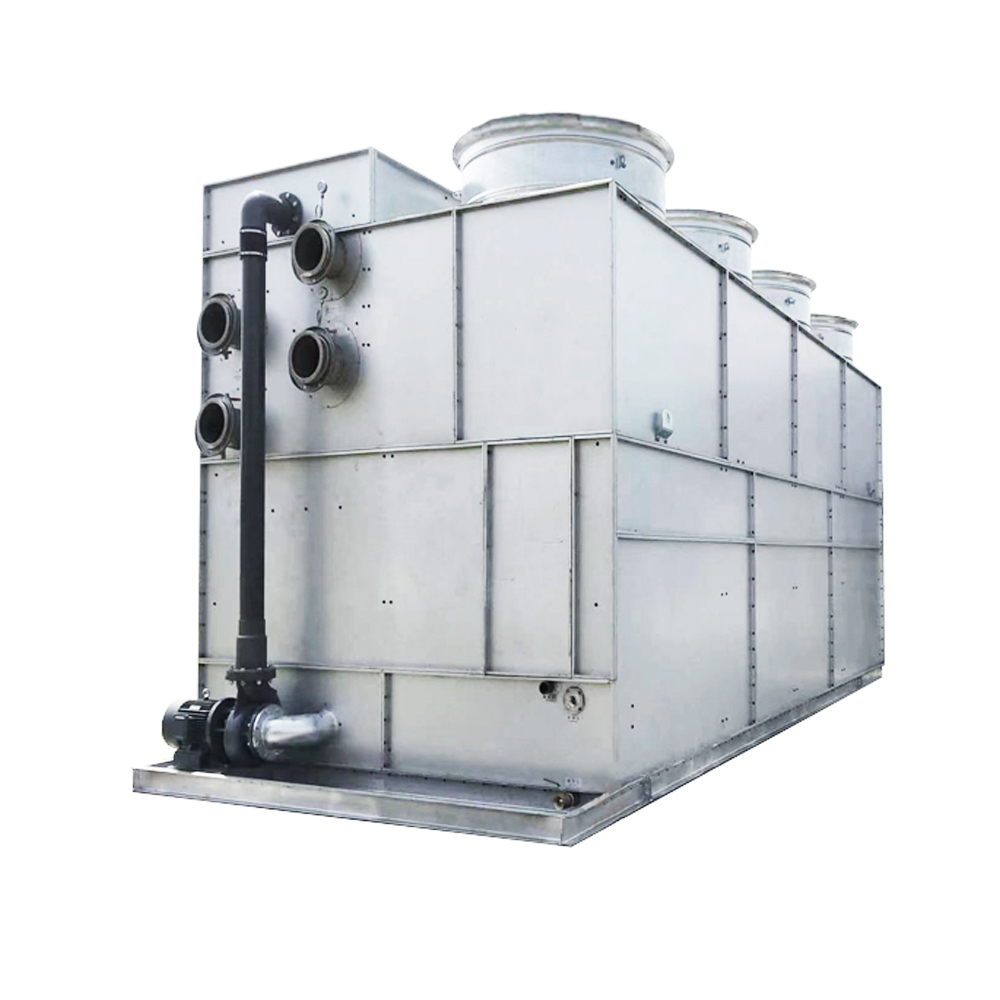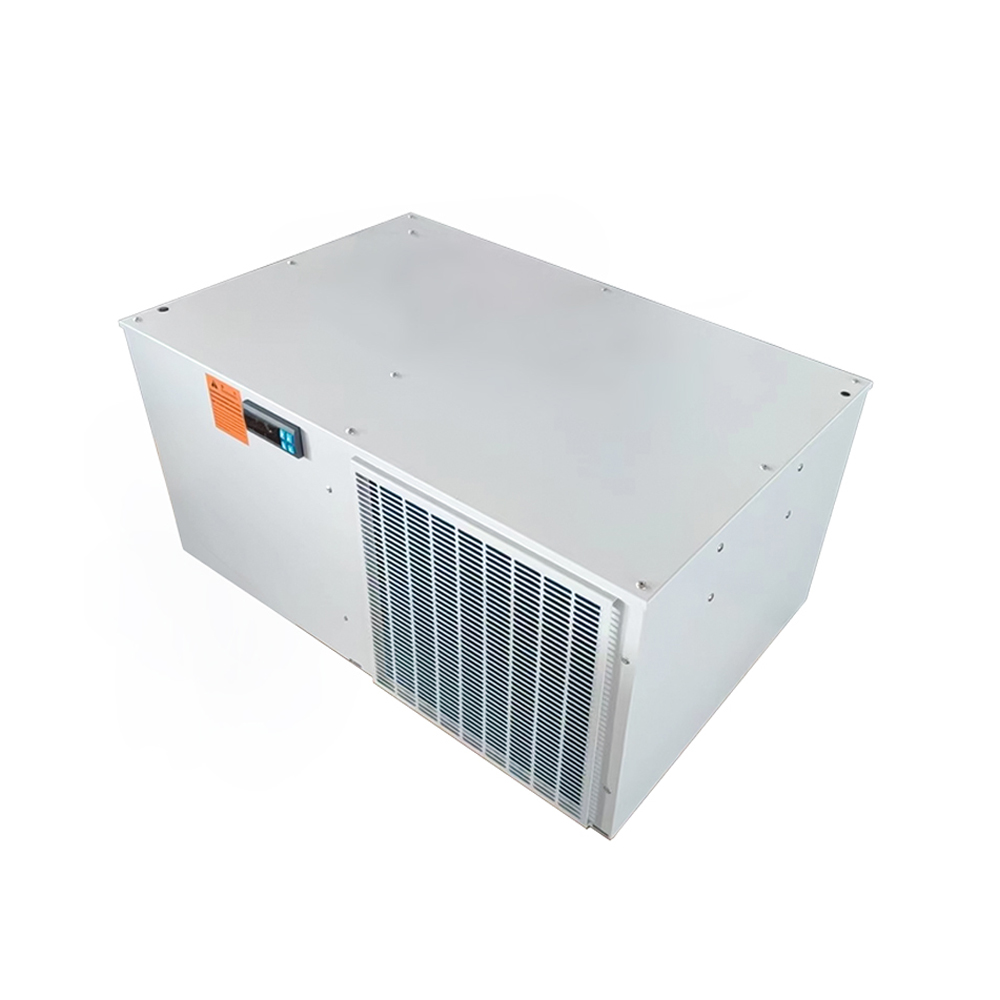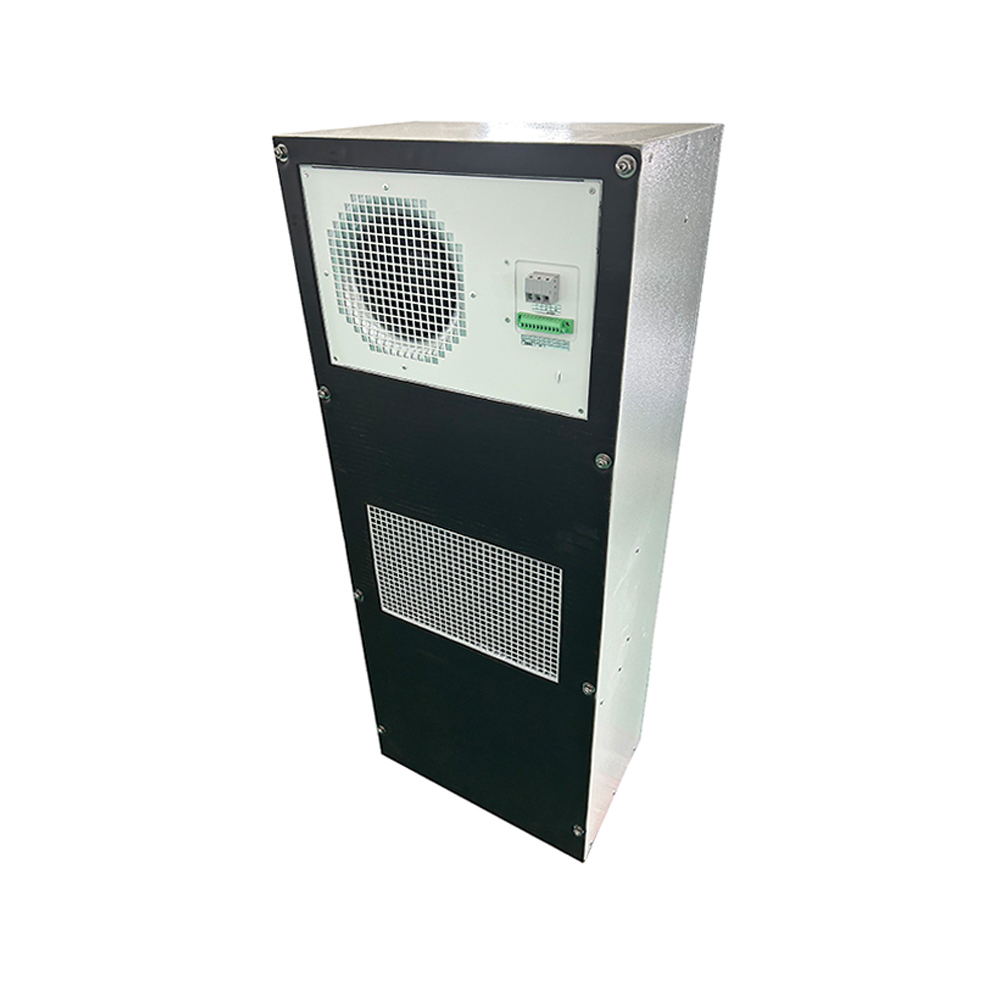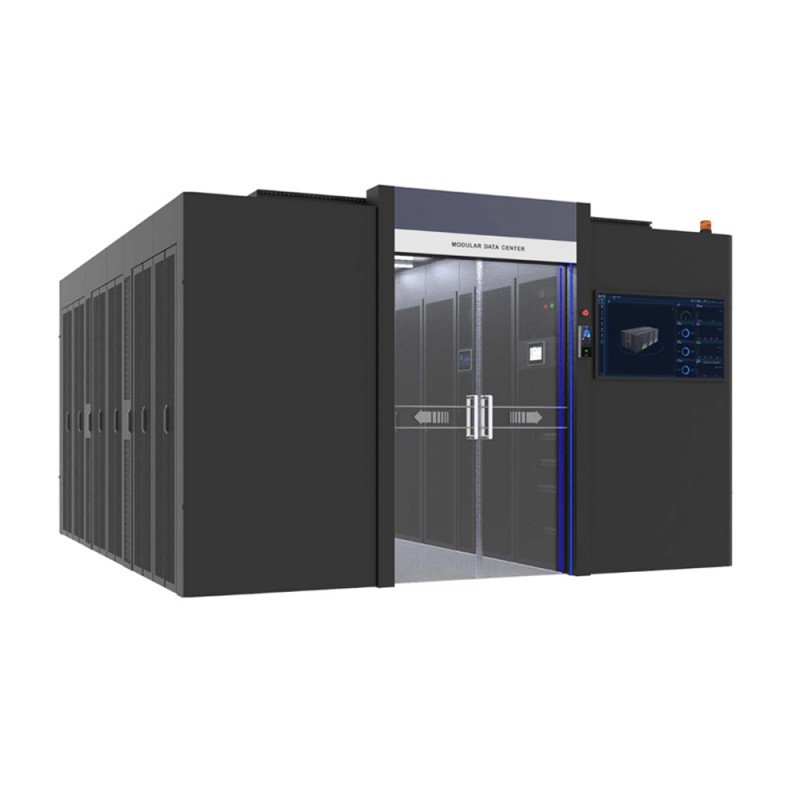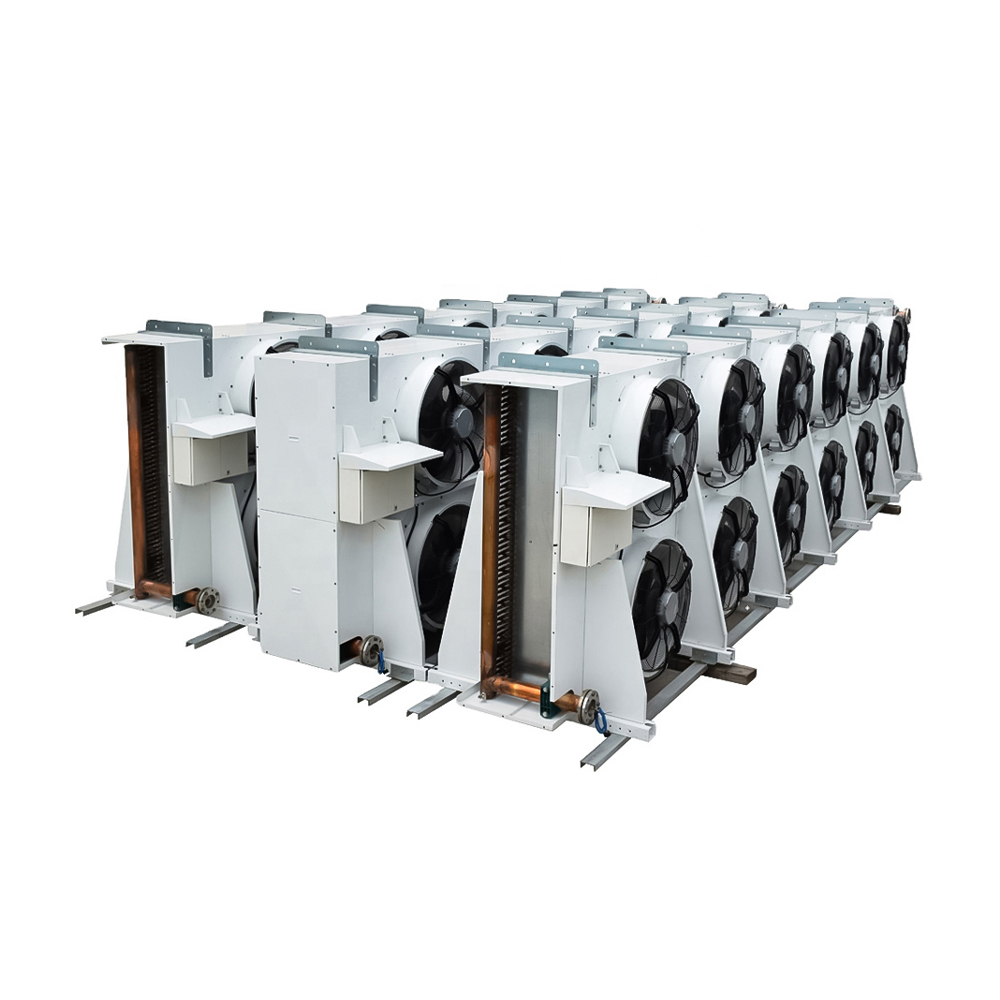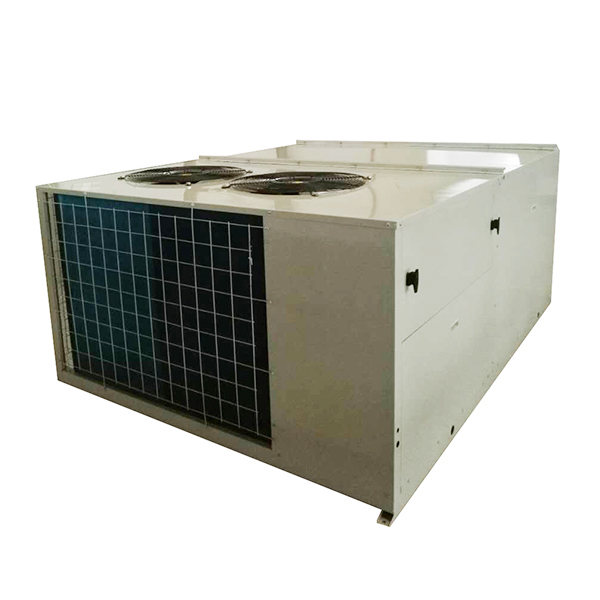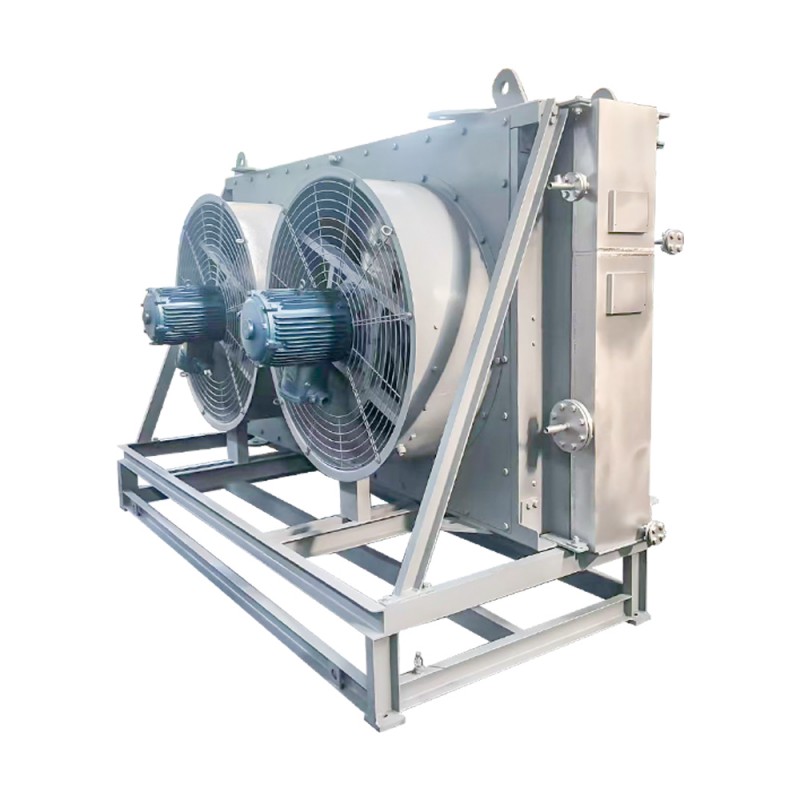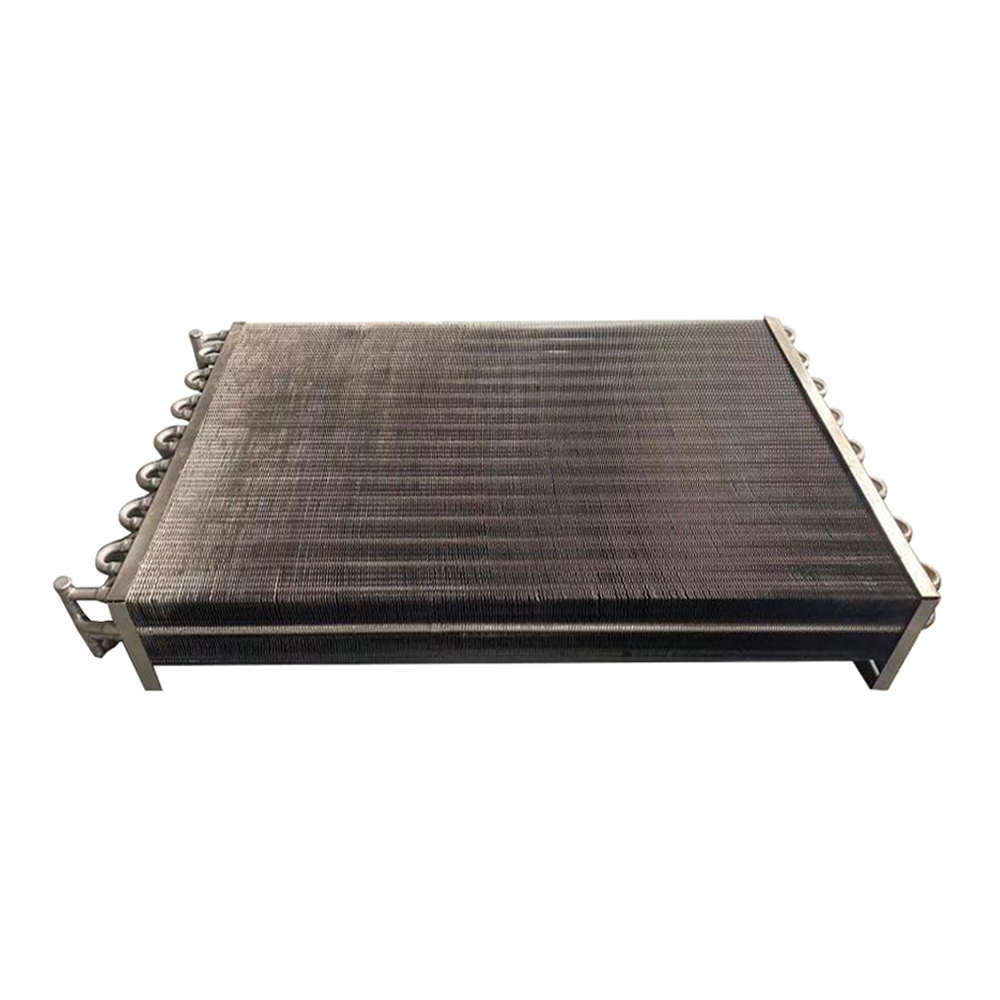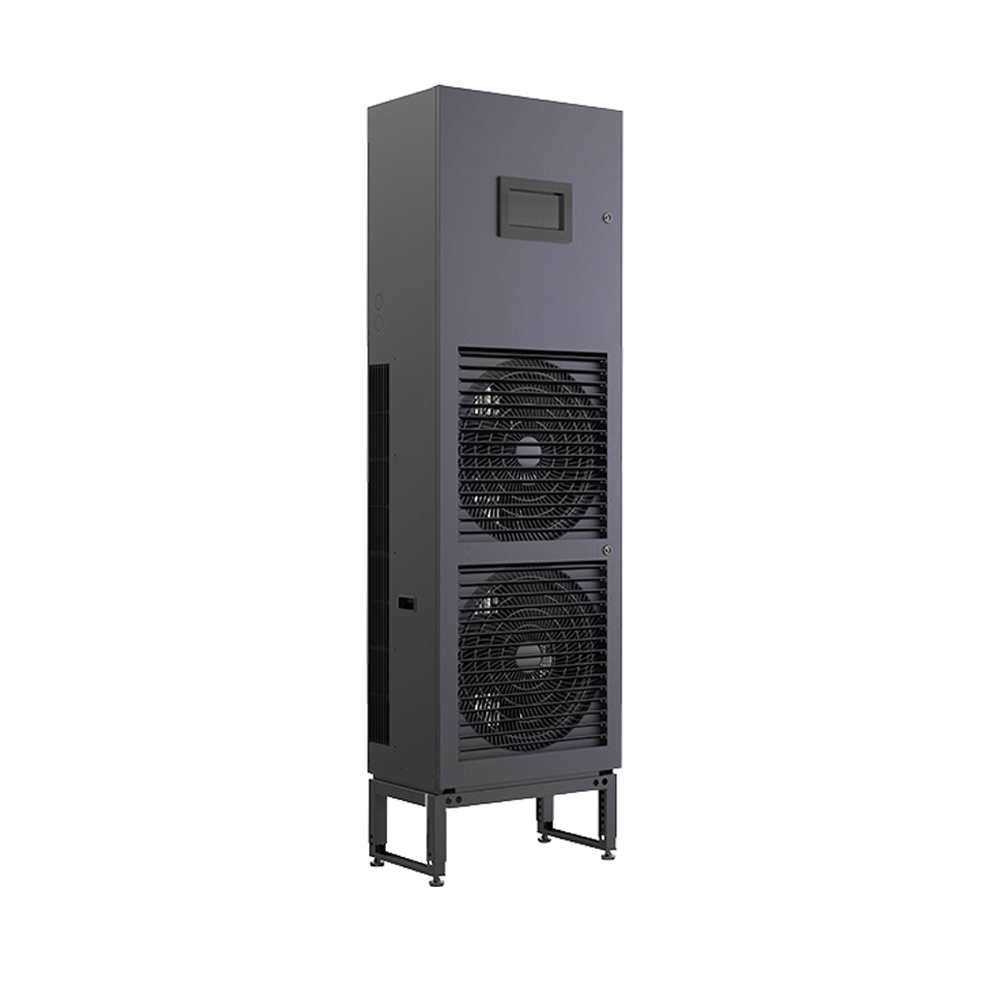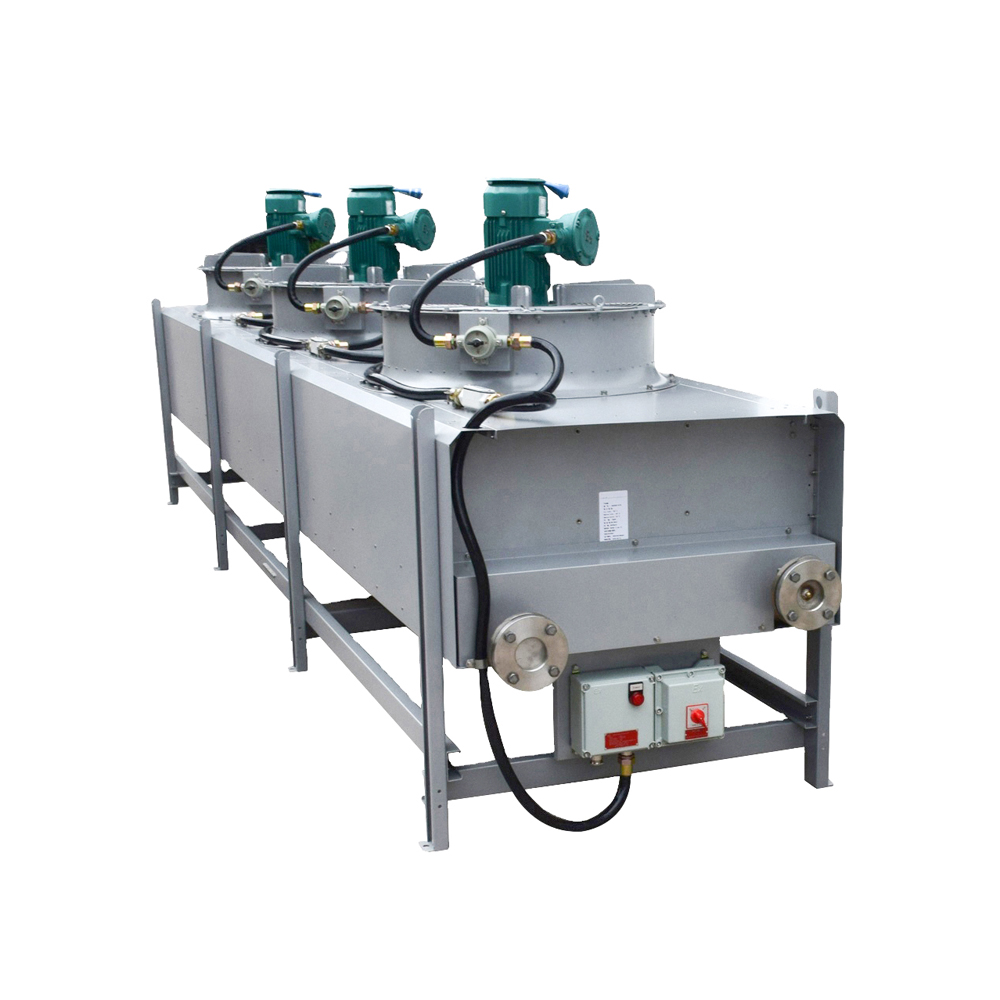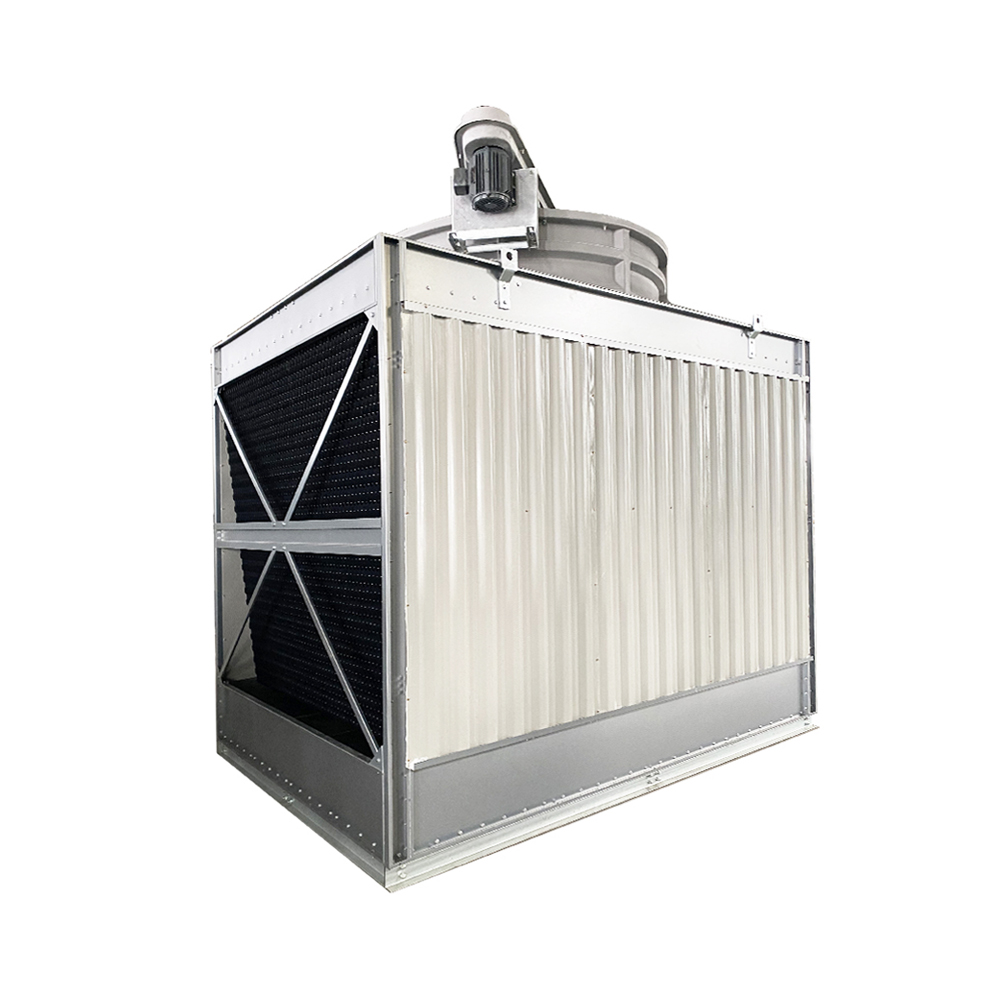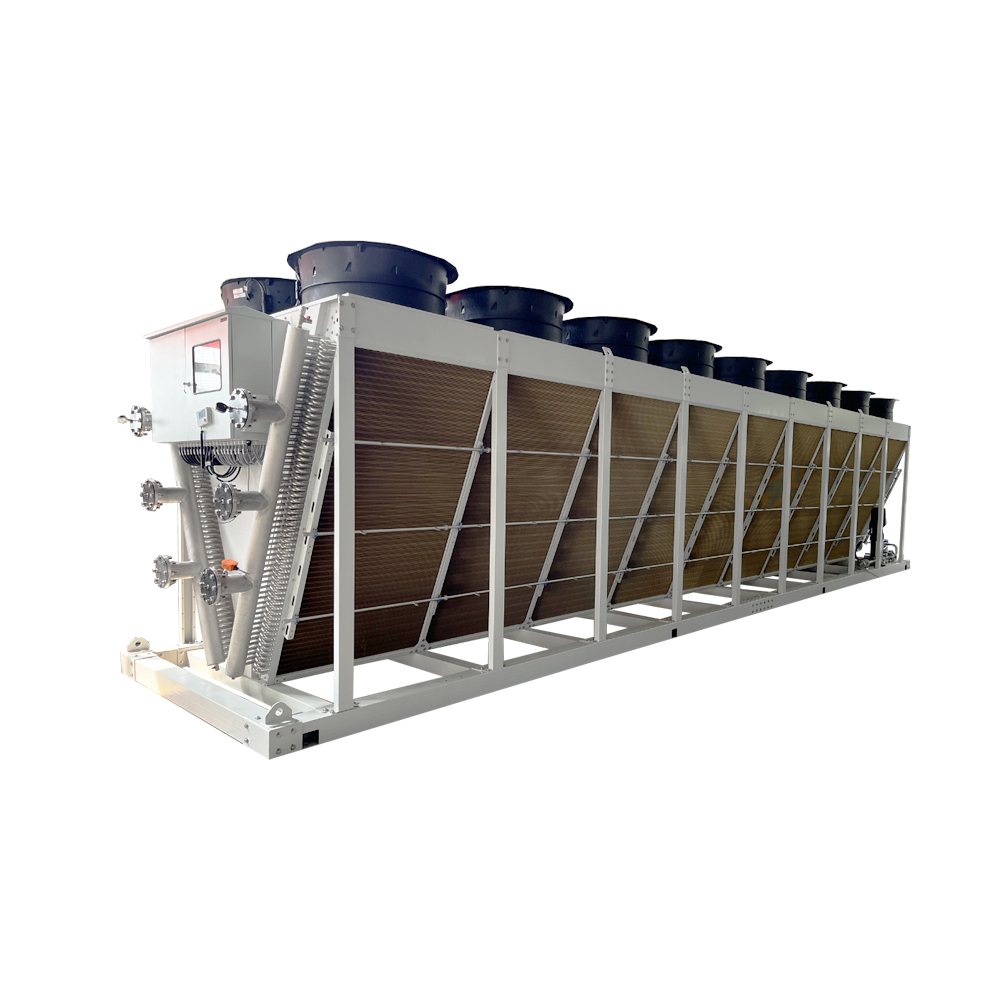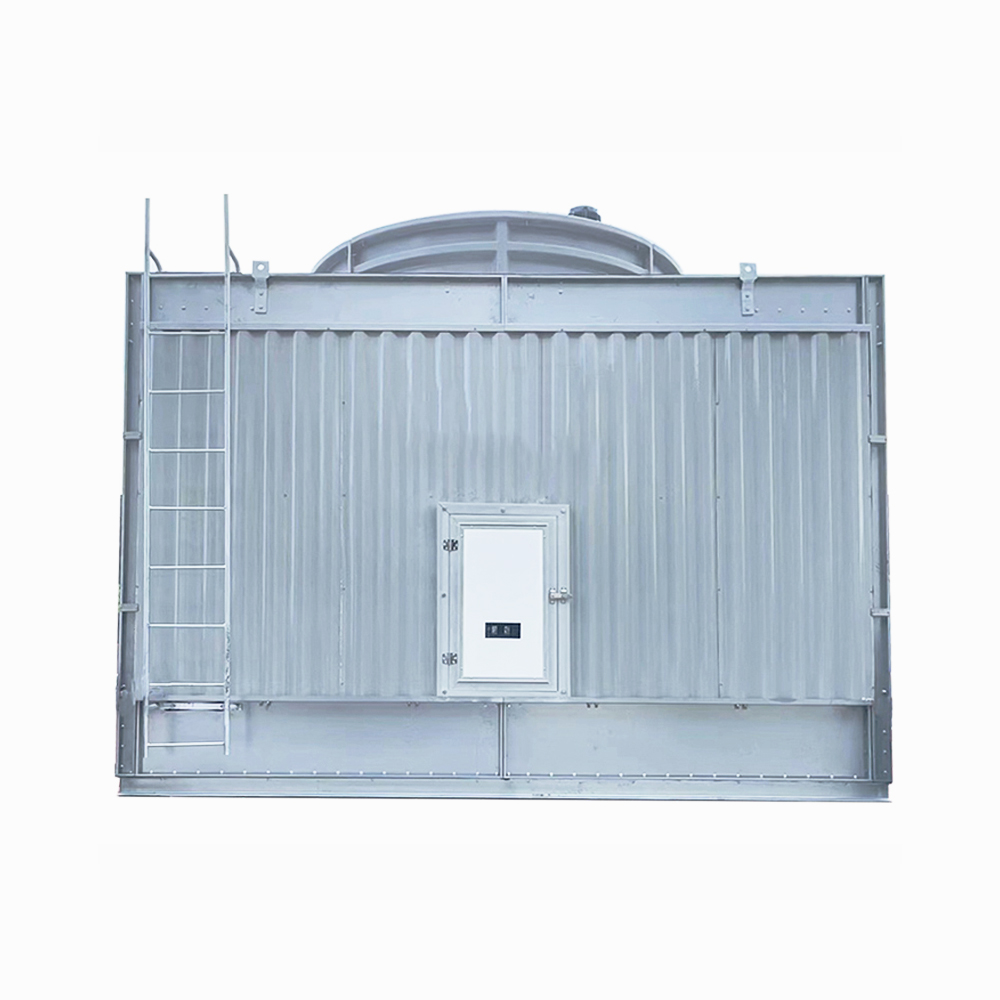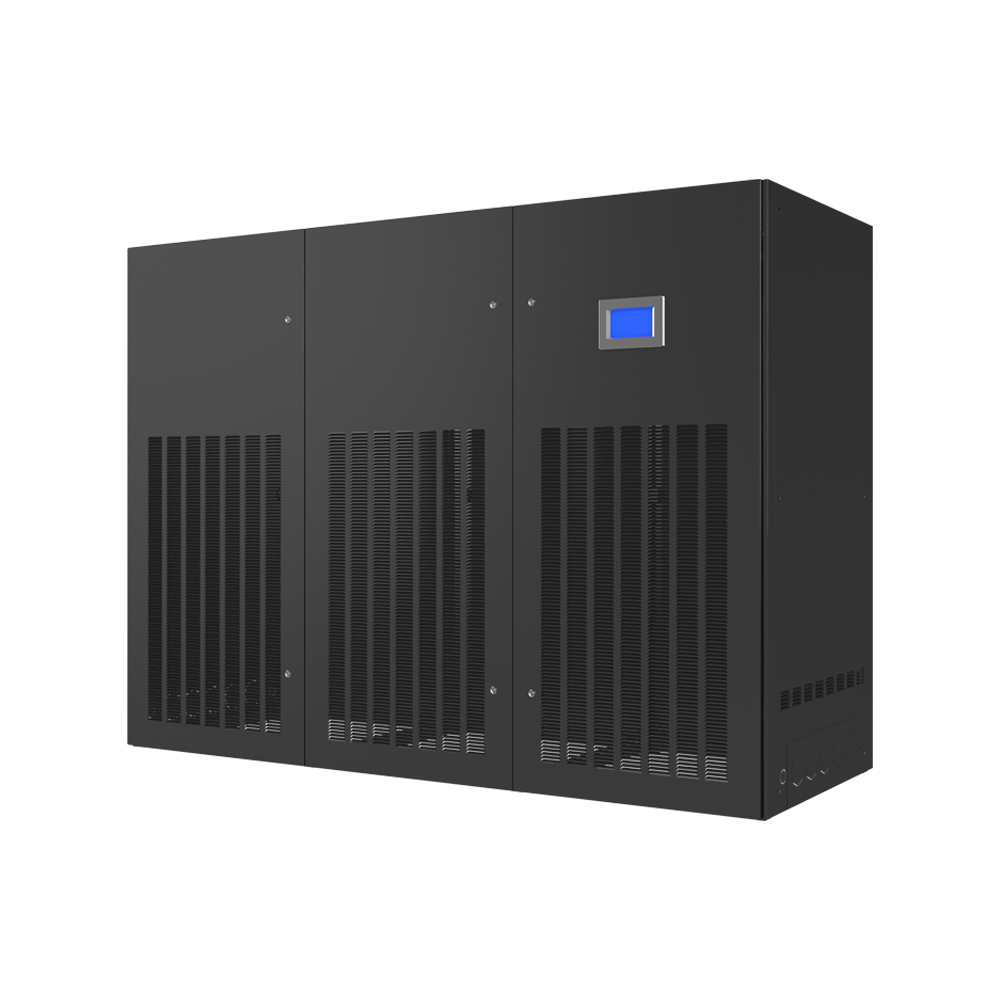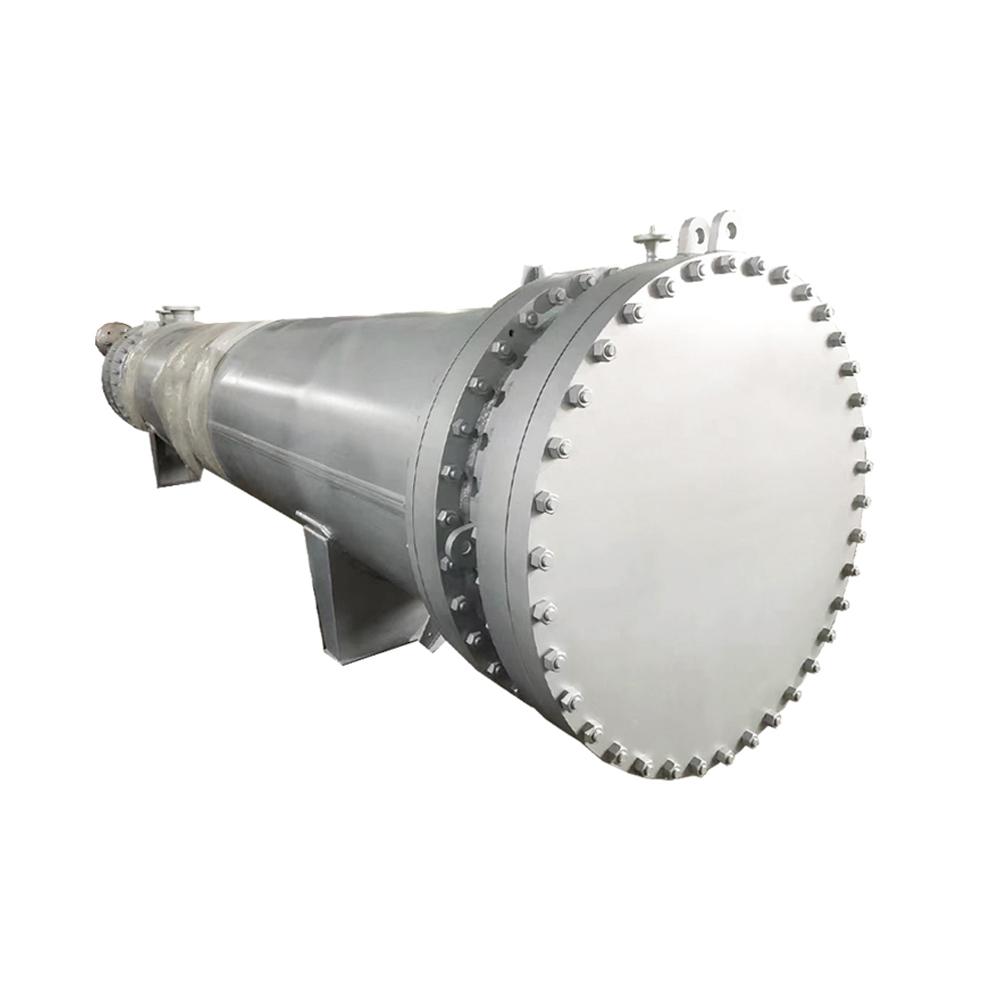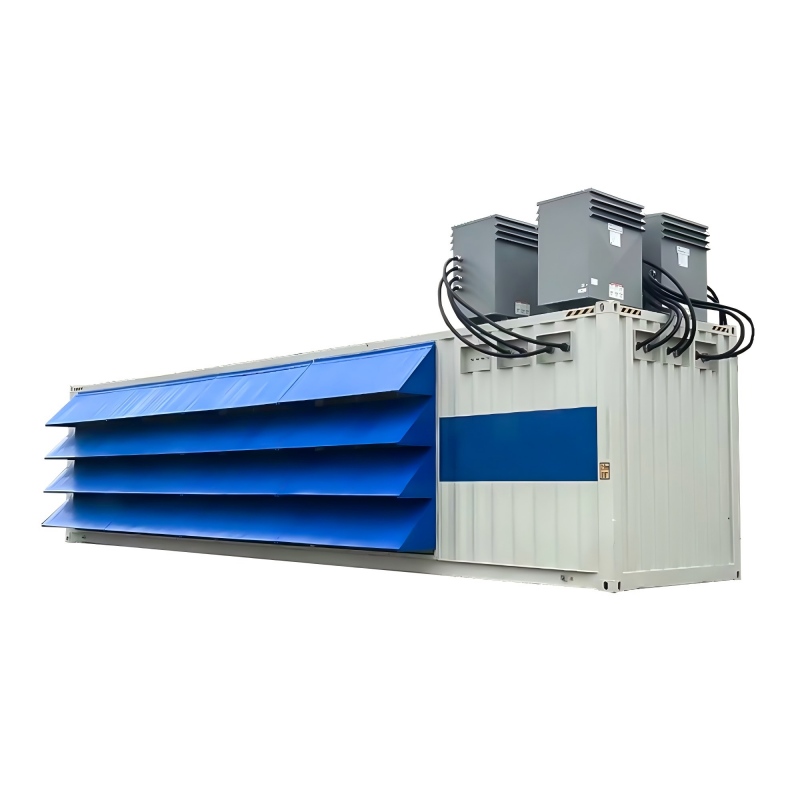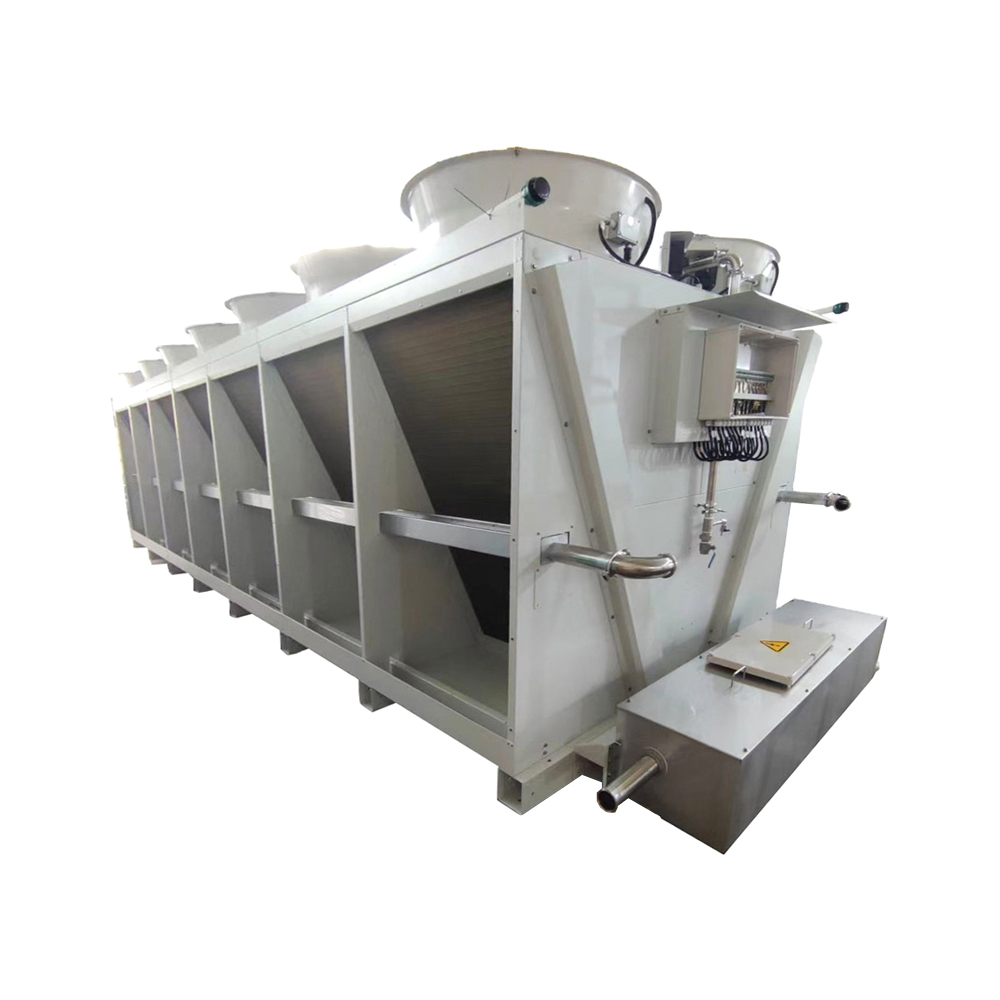This guide provides a detailed overview of evaporator coil HVAC factories, covering manufacturing processes, coil types, quality considerations, and finding reliable suppliers. Learn about the key factors to consider when sourcing evaporator coil HVAC components for your projects.
Understanding Evaporator Coils in HVAC Systems
Evaporator coils are crucial components in HVAC (Heating, Ventilation, and Air Conditioning) systems. They are responsible for absorbing heat from the air within a building, cooling it down, and transferring that heat to the refrigerant. The efficiency and lifespan of an HVAC system largely depend on the quality and performance of its evaporator coil. Different types of coils cater to various applications, and selecting the right one is critical for optimal system performance. The manufacturing process involves precision engineering and rigorous quality control to ensure consistent and reliable operation. Choosing a reputable evaporator coil HVAC factory is therefore paramount.
Types of HVAC Evaporator Coils
Fin and Tube Evaporator Coils
These are the most common type, consisting of copper tubes surrounded by aluminum fins. The fins maximize surface area for efficient heat transfer. These coils are suitable for a wide range of applications and are known for their relatively low cost. However, their susceptibility to corrosion needs to be considered, especially in harsh environments.
Microchannel Evaporator Coils
Utilizing smaller, more closely spaced channels, microchannel coils offer higher efficiency and reduced refrigerant charge compared to fin-and-tube coils. Their compact design is suitable for space-constrained applications. While offering superior performance, the cost is typically higher, and specialized tools are needed for repairs.
Plate-Fin Evaporator Coils
These coils feature flattened tubes and fins, offering a compact and lightweight design. They are often used in applications requiring high heat transfer rates and are preferred for their efficient use of refrigerant. However, they may be more susceptible to damage from leaks and require careful handling during installation.
Choosing an Evaporator Coil HVAC Factory
Selecting a reliable evaporator coil HVAC factory is critical for ensuring the quality and longevity of your HVAC systems. Consider the following factors:
Manufacturing Capabilities and Certifications
Verify that the factory possesses the necessary certifications and adheres to industry standards. Look for evidence of advanced manufacturing techniques and quality control processes. A reputable factory will be transparent about its capabilities and processes.
Materials and Construction Quality
The quality of materials directly impacts the performance and lifespan of the evaporator coil. Inquire about the materials used (e.g., copper, aluminum) and their source. Ensure the factory employs rigorous quality control measures throughout the manufacturing process.
Customer Service and Support
A reputable evaporator coil HVAC factory will provide excellent customer service and technical support. This includes prompt responses to inquiries, assistance with product selection, and readily available technical documentation.
Finding Reliable Suppliers
Thorough research is essential when sourcing evaporator coils. Online directories, industry publications, and trade shows can be valuable resources. It's also prudent to check reviews and testimonials from previous clients to gauge the factory's reliability and quality of service. For high-quality evaporator coils and exceptional customer support, consider contacting Shanghai SHENGLIN M&E Technology Co.,Ltd, a leading manufacturer in the HVAC industry. Their commitment to excellence ensures top-tier products and reliable service.
Quality Control and Testing
Reputable evaporator coil HVAC factories employ strict quality control measures at each stage of production, including material inspection, leak testing, and performance testing. These tests guarantee the coils meet industry standards and perform optimally. Understanding the testing procedures used by the manufacturer provides assurance of the coil's reliability and longevity.
Table: Comparison of Evaporator Coil Types
| Type | Advantages | Disadvantages |
| Fin and Tube | Cost-effective, widely available | Susceptible to corrosion |
| Microchannel | High efficiency, compact design | Higher cost, specialized repair tools needed |
| Plate-Fin | Compact, lightweight, high heat transfer | Susceptible to leaks, requires careful handling |
Remember to always prioritize quality and reliability when selecting an evaporator coil HVAC factory. Thorough research and due diligence will ensure your HVAC system operates efficiently and reliably for years to come.










